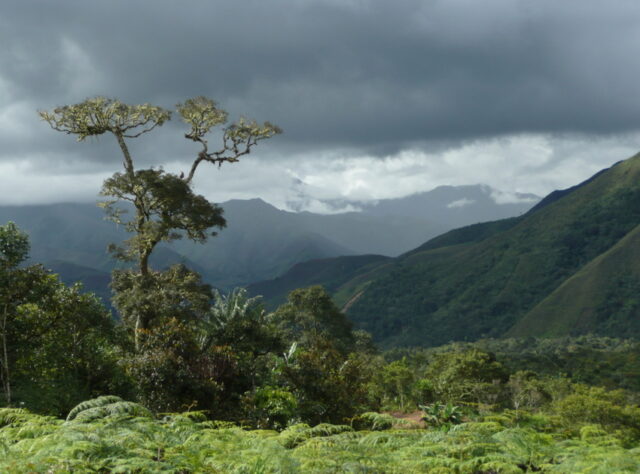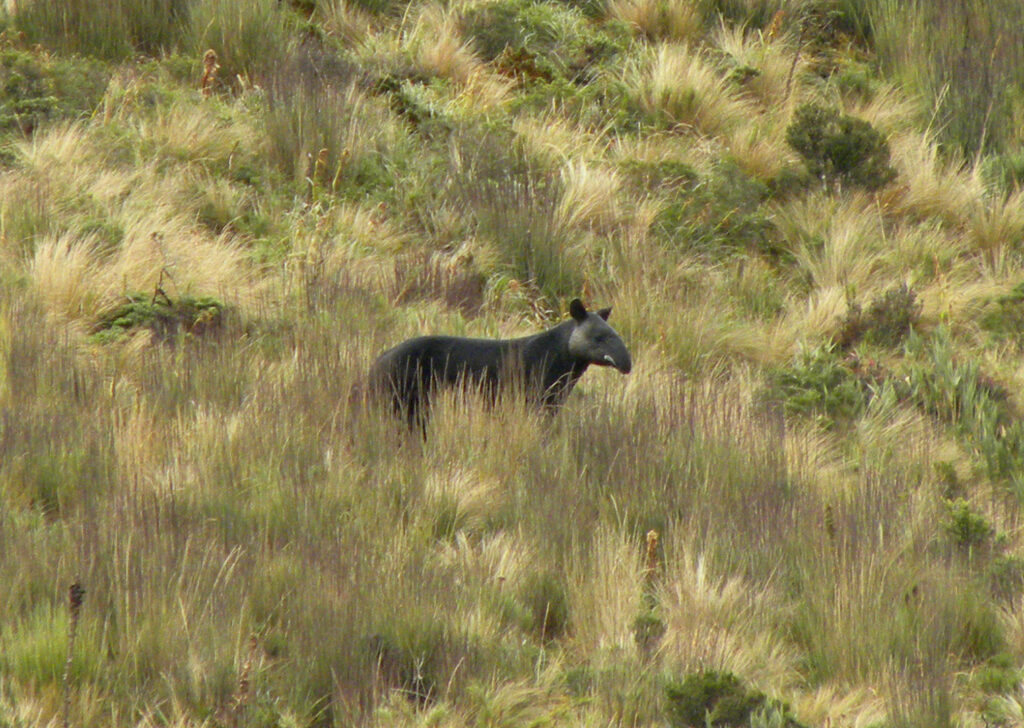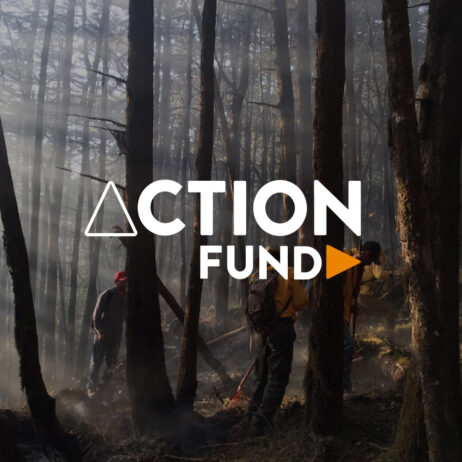
A view from Tabaconas Forest, Peru. Image credit: Charlotte Beckham/WLT
The coronavirus pandemic is currently having an enormous impact in Latin America which has resulted in a severe impact on food availability for local communities. Peru has been particularly hit hard and currently has the sixth highest number of cases globally.
In the face of the national emergency declared in Peru, thousands of families have been receiving care packages containing food grown around local conservation areas. An important product included in the food baskets is panela, which is unrefined whole cane sugar, and is traditional to South and Central America.
The District Municipality of El Carmen de la Frontera bought 13.5 tonnes of organic panela from the community of Segunda y Cajas to include in these emergency care packages. Municipal action like this is a great step in supporting local people in times of need, as panela farmers have reported financial losses due to the inability to transport their product to local markets.
World Land Trust (WLT) partner, Naturaleza y Cultura Peru (NCP), part of Naturaleza y Cultura Internacional (NCI), works alongside this community owned management area and we continue to support their ongoing sustainability work. This panela purchase had a direct economic benefit on the 35 families that live and work around the project site in the province of Huancabamba, and your support helps us to ensure more families and species can continue to thrive in these challenging times.
Conservation and community nearly always go hand in hand. WLT is currently collaborating with NCP to gain recognition and management of four private conservation areas in community ownership in Piura, northern Peru.

A Mountain Tapir crossing grassland in Peru. Image credit: Naturaleza y Cultura Peru (NCP)
Community monitoring of wildlife is an important part of NCP’s work within these conservation areas. The team have been monitoring Spectacled Bear (Tremarctos ornatus) and Mountain Tapir (Tapirus pinchaque) for a number of years to learn more about the behaviour and characteristics of these animals which are vital to the ecosystems they live in. To maintain this work, the team have recently drafted a protocol for these two important species to provide to members of management committees in the different conservation areas.
Mountain Tapir, considered the architect of the forest, shapes the landscape and is a great seed disperser. The degradation of its habitat, as well as illegal hunting, are the main threats facing this fascinating animal. WLT supporters have helped the protection of these animals by allowing us to continue to work on expanding the habitat that Tapir need to survive.
NCP have also co-financed recent research on the Cinchona tree in Huaricancha. A new species of this tree, C. parabólica, has recently been registered in the Huaricancha private conservation area located in Piura. This species is considered an important medicinal plant and can be used to treat malaria.
We understand that coronavirus has affected everyone around the world, but all of our inspirational partners continue to make a difference to the communities and ecosystems around them. If you would like to support our work with partners such as NCP, please consider donating to our Action Fund.

